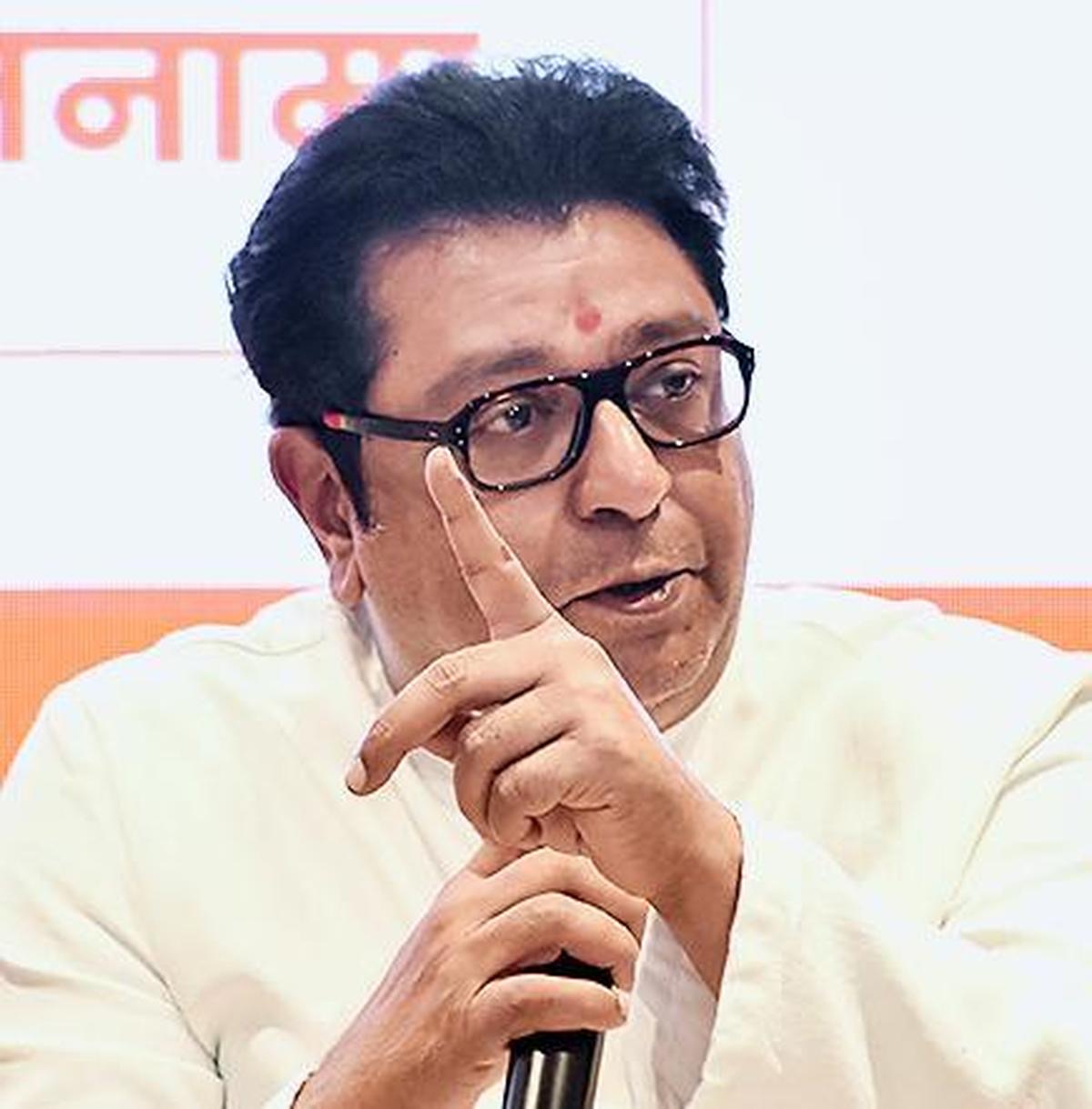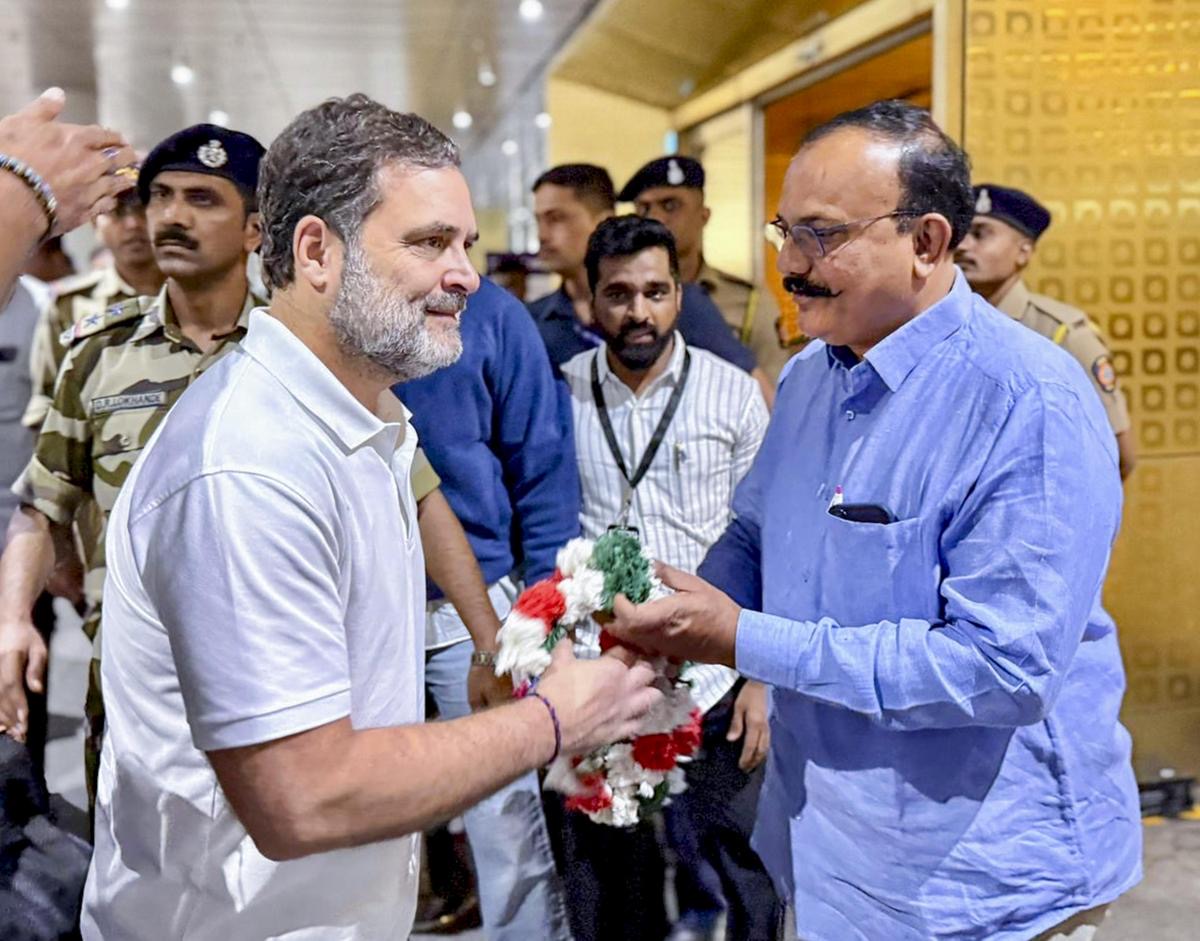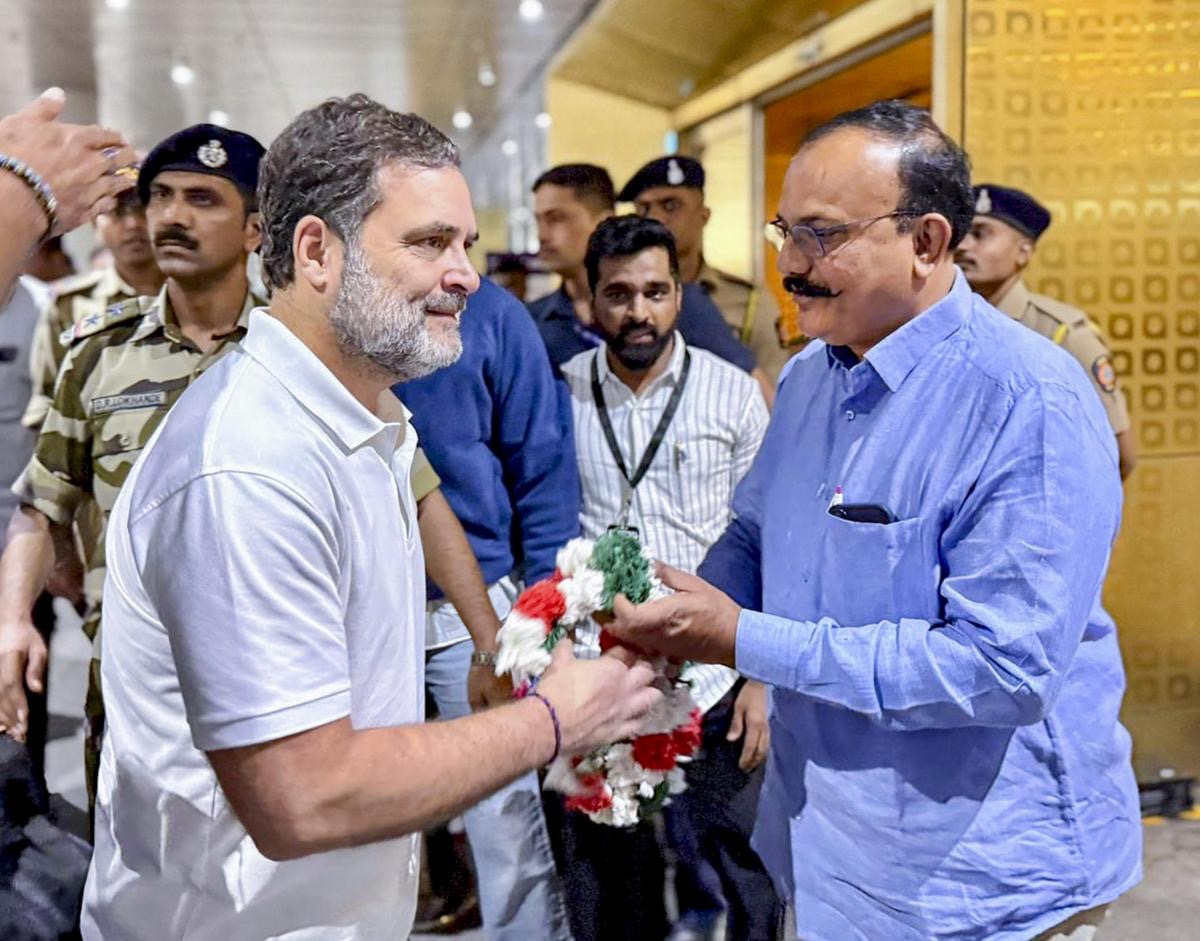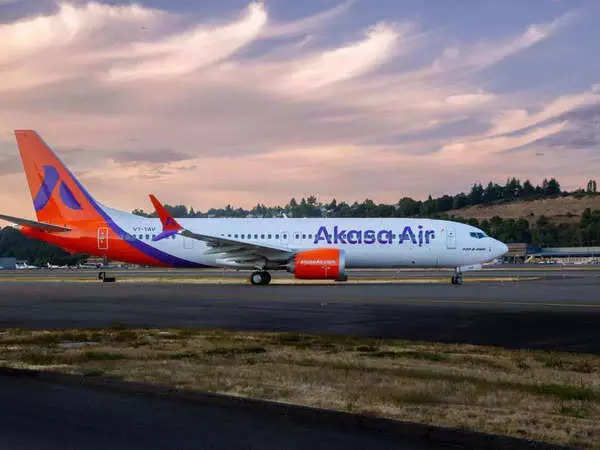Rakesh Jhunjhunwala’s ‘Akasa
Air’ set to fly beyond Indian boundaries from March-end
With Boeing 737 MAX 8 and Boeing 737 MAX 8 200, first of its kind in Asia, Akasa Air besides being all set for its next phase of growth, has fuelled its international flying ambitions
when in January the new airline welcomed two Boeing 737 MAX 8 aircraft to its growing fleet.
Having embarked on its flying operations in 2022, the airline has garnered a market share of 4 per cent as against another low-cost but much older airline SpiceJet’s 5.6%.
Inspired by the model of Dublin-based airline, Ryanair, of low cost and sustained profitability, Akasa Air’s journey to the top of the charts has been rather astounding.
The airline, backed by legendary investor late Rakesh Jhunjhunwala, who passed away no sooner of its launch in August 2022, is set to fly beyond the Indian borders from March 28 with its first international flight scheduled to Qatar.
Notably, this accomplishment comes in merely 19 months of its going operational.
Reportedly, the airline was granted international flying licence by the Ministry of Civil Aviation on September 20.
As of now, the Indian aviation market is dominated by IndiGo, which has a nearly 60 per cent market share, and the Tata Group whose airlines have a combined share of nearly 26 per cent.
Notedly a former American Airlines operations research analyst who also worked with Delta Airlines for more than a decade and helmed two Indian airlines, now grounded: GoAir and Jet Airways, Vinay Dube’s commitment to form Akasa Air was birthed during the COVID-19 pandemic, a challenging time for businesses across sectors, especially the travel industry.
Dube’s bold move came in the midst of a time labelled as one of the worst for the Indian aviation sector, owing to a combination of cut-throat competition, price wars, high taxes, low margins and, notably, Go First and Jet Airways going bankrupt.
In 2021, Dube roped in his biggest investor, the Indian Warren Buffet, Rakesh Jhunjhunwala. The ‘Big Bull’ took another risky bet and invested nearly $35 million for an estimated 40 per cent stake in the airline under his wife’s name. Later, Jhunjhunwala increased stake with his family who now hold around 46 per cent in Akasa Air via three trusts named after his children Nishtha, Aryaman and Aryavir.
In a crowded yet growing industry, Dube formed a strong team with industry veterans like former IndiGo chief Aditya Ghosh as his co-founder and ex-VP of Jet, Praveen Iyer, as co-founder and the Chief Commercial Officer.
Akasa even planned to offer stock options to attract staff, using a lure more often deployed by technology startups in its bid to gain a foothold in one of the world’s most competitive air-travel markets.
Having noted that he is someone who is very, very bullish on India’s aviation sector in terms of demand, Jhunjhunwala did not fail to acknowledge that he has “got some of the best airline people in the world as his partners”.
When an airline with the ‘X’ factor domiante the skies and smaller ones struggle, Akasa set out to create a niche for itself. The X factor it has aimed to bring is with its consumer experience and also social responsibility.
As per Dube look, flying planes, with engines that spew stuff, is obviously not good for the environment. They also can’t stop progress completely, and so at Akasa, it starts with getting the world’s most fuel-efficient engines. They have announced the use of recycled material in their uniforms which is something you will see them doing at every step of the way and making environmentally progressive decisions. The airline’s goal is to be the most environmentally progressive airline in the world,
The airline has the world’s most fuel-efficient CFM International LEAP-1B engines which reduce fuel use and emissions by 20 per cent. Besides, the Boeing 737 offers 20 per cent lower airframe maintenance costs.
Akasa crew’s uniforms have been specially developed using recycled polyester fabric which is made from PET bottle plastic salvaged from marine waste. The airline boasts to have shoes for the crew which have soles made from recycled rubber.
In June last year, the airline also introduced a new food and beverage menu for passengers across its network through inflight meal service Café Akasa, with 60 new meal options curated by chefs from across India. It has also taken part in the government’s initiative of promoting millets with a salad mixed with pomegranate seeds and lemon and olive oil dressing.
In August 2021 itself, Akasa Air had got the no-objection certificate (NOC) from the Ministry of Civil Aviation in August 2021 to launch commercial flight operations. In November 2021, it had placed an initial order of 72 Boeing 737 MAX aircraft. In June 2023, the airline placed another order of four Boeing 737 MAX 8 aircrafts. Meanwhile, in May 2022, the Mumbai-based airline received its airline code “QP”.
Having received its first aircraft in June 2022, the airline got one step closer to receiving the mandatory Air Operator Certificate (AOC) to start operations. Within a month, the aviation watchdog, Directorate General of Civil Aviation (DGCA), granted India’s newest airline its AOC.
Finally, on August 7, 2023, the Indian skies were an abode to another airline, this time in orange, white and purple.
Praveen Iyer had mentioned about adopting a phased approach to support their network expansion plans, progressively connecting more cities, as they plan to add two aircraft to Akasa’s fleet each month, in the airline’s first year.
As of today, Akasa has 24 aircraft operating connecting 20 cities in India, with more than a hundred flights daily.
The airline has captured a significant market share in India and that too at a pace, as it found the perfect opportune moment when SpiceJet and Go First struggled.
From 0.2 per cent in August 2022 when it started out, its market share had gone up to 5.2 per cent in August 2023, becoming India’s fifth largest carrier. As of January, the commercial airline recorded a market share of 4.5 per cent and was also the most punctual airline with an on-time performance (OTP) of 71.8 per cent despite the chaotic scenes at the Delhi airport due to dense fog. Meanwhile, Akasa’s passenger load factor stood at 92.4 per cent.
Akasa hit another landmark when in August last year, the brand which operates under SNV Aviation Pvt Ltd, announced adding the 20th aircraft to its fleet, which made the carrier eligible to fly internationally. Akasa Air has announced commencement of international operations from March-end, with four non-stop flights weekly, linking Mumbai with Doha.
It wasn’t a smooth ride for Akasa. It experienced some turbulence just when it celebrated its first birth anniversary in August last year.
The budget airline landed into trouble when 43 of its pilots quit, leading to cancellation of flights and consequent loss of market share too. It sued the pilots in Mumbai as well as dragged the Directorate General of Civil Aviation (DGCA) to court in Delhi, seeking the aviation regulator to take coercive action against the pilots who quit without serving the notice period.
Amid pilot resignations, Akasa’s market share slipped to 4.2% in August from 5.2% a month earlier. In August and July, it carried 5,27,000 and 6,24,000 passengers, respectively.
In an internal memo to its employees, CEO Dube said that the airline was flying less and would give up market share as a temporary measure to ensure it runs a reliable operation. The CEO told the employees that while a shortage of pilots had forced it to cut flights, they should not be alarmed about it as it was a short-term challenge.
The runway seems ready for Akasa Air as Vinay Dube & Co have, too, jumped on the boat with other players in fleet expansions to tap a booming domestic aviation market. The country’s top two airlines, IndiGo and Air India have ordered more than 1,000 planes from Boeing and Airbus in the past year.
Akasa’s recently announced 150 Boeing 737 MAX jetliners order, a mix of 737 MAX-8 and 737 MAX-10 variants which can seat up to 230 passengers, is valued at around $20 billion at current list price. The order is set to be received between 2027 and 2032.
Dube, the second largest shareholder in the airline, plans to use the aircraft to start new routes in domestic and international markets.
“It helps us define the future in a very definitive manner and helps us in our next phase of growth,” Dube had told ET in an interview after the order. “We can now say we’re on the path to be one of the world’s top 30 biggest airlines, by the turn of the decade.”
Doha is another step, another beginning in Akasa’s journey to the top.
News Edit K.V.Raman













